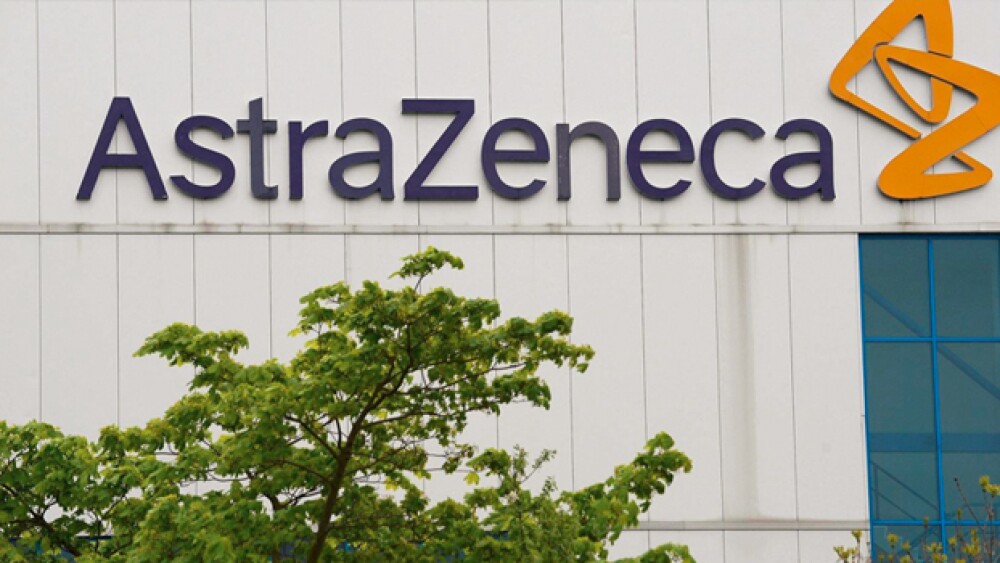AstraZeneca announced that its Phase III DAPA-HF clinical trial of Farxiga (dapagliflozin) met its primary endpoint in decreasing cardiovascular death or the worsening of heart failure compared to placebo.
AstraZeneca announced that its Phase III DAPA-HF clinical trial of Farxiga (dapagliflozin) met its primary endpoint in decreasing cardiovascular death or the worsening of heart failure compared to placebo.
Farxiga is a first-in-class, oral SGLT2 inhibitor approved as a monotherapy and as a combination treatment to improve blood sugar control in type 2 diabetes. However, in this trial, the drug successfully decreased the risk of heart attacks or disease progression in patients with a common type of heart failure. The patients in the trial had reduced ejection fraction (HFrEF) and were receiving standard-of-care treatment. About 40% of the patients in the trial also had type 2 diabetes, which is common among heart failure patients.
“With the DAPA-HF trial, Farxiga becomes the first in its class to demonstrate efficacy and safety data for the treatment of patients with heart failure, with and without type 2 diabetes, on top of standard of care,” said Mene Pangalos, executive vice president, BioPharmaceuticals R&D for AstraZeneca. “Today, half of heart failure patients will die within five years of diagnosis and it remains one of the leading causes of hospitalization. We look forward to discussing the results of DAPA-HF with health authorities as soon as possible.”
The U.S. Food and Drug Administration (FDA) had earlier rejected Farxiga as a supplement to insulin in adults with type 1 diabetes when insulin alone wasn’t able to control blood glucose levels.
Competitors to Farxiga for this class of diabetes drugs include Eli Lilly and Boehringer Ingelheim’s Jardiance (empagliflozin), but as of yet, it hasn’t shown benefit for heart failure patients. Another drug in this class, Johnson & Johnson’s Invokana (canagliflozin) carries a black box warning for lower limb amputations.
Analysts with Liberum noted, “This (the study results) will give the drug broad applicability and is strong validation for its utility, particularly in diabetics. The result will also reinforce Farxiga’s utility in diabetes at a time when oral GLP-1 might enter the market.”
GLP-1 analogues are another type of type 2 diabetes drugs, such as Novo Nordisk’s Ozempic (semaglutide) and Victoza (liraglutide), Eli Lilly’s Trulicity (dulaglutide), and AstraZeneca’s Byetta (exenatide). GLP-1 analogues stimulate the pancreas to produce insulin. They also reduce appetite by slowing the emptying of the stomach, which can lead to weight loss.
Farxiga is a SGLT2 inhibitor, which causes the kidneys to remove blood sugar from the body via urine.
Analysts with JP Morgan wrote in a note to clients, “The DAPA-HF study was seen as a ‘wild-card’ by the market, with a low probability of success, today being the first time a Phase III study has reported a heart failure benefit for an SGLT-2, in non-diabetic patients.”
The Farxiga development program has included more than 35 completed and ongoing Phase IIb/III clinical trials in more than 35,000 patients. It is also being evaluated in patients with heart failure with preserved ejection fraction (HFpEF) in the DELIVER and DETERMINE (HfrEF and HFpEF) trials.
“The benefits of dapagliflozin in DAPA-HF are very impressive, with a substantial reduction in the primary composite outcome of cardiovascular death or hospital admission,” noted John McMurray, with the University of Glasgow, Cardiovascular Research Centre, Institute of Cardiovascular and Medical Sciences. “We hope these exciting new findings will ultimately help reduce the terrible burden of disease caused by heart failure and help improve outcomes for our patients.”





